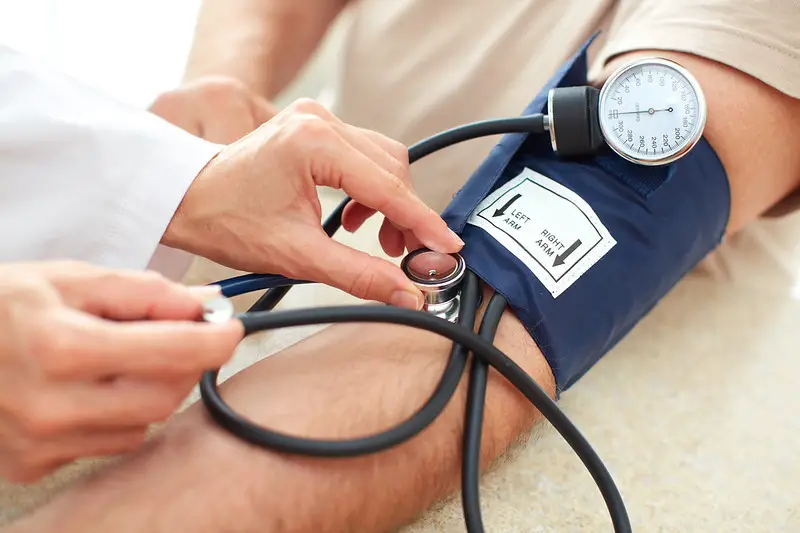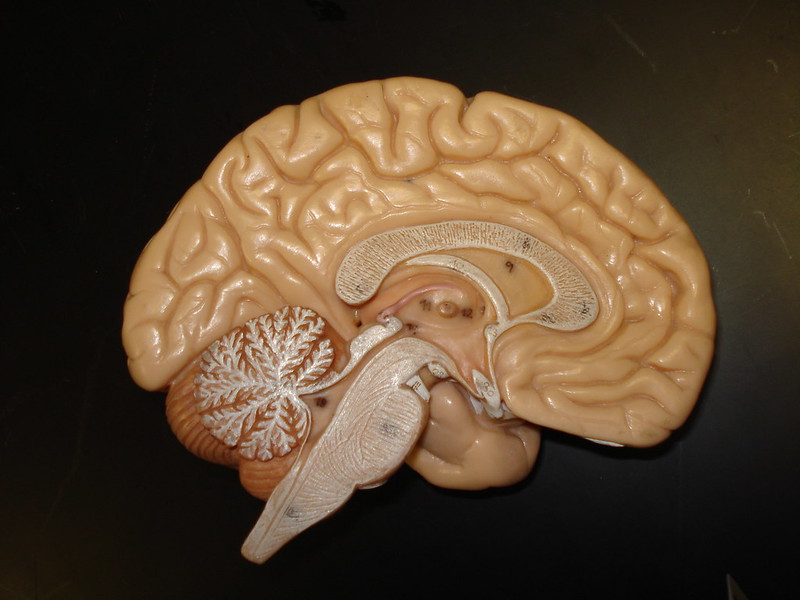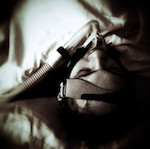Do you or someone you know have sleep apnea?
If your answer is yes, you most likely know that it’s a condition where you stop breathing for short stints throughout the night.
This can lead to feelings of not being well-rested, like you didn’t get a good night’s sleep.
Other better known side effects of sleep apnea include snoring, mood swings, and dry mouth. But the signs and symptoms don’t stop there.
There are many other risks that are just as important that you may not, but absolutely should, be aware of.
Table of Contents
Risks of Not Using a CPAP Machine or Alternative CPAP Treatment
In sleep apnea, when you stop breathing, you’re preventing oxygen from entering the lungs.

Oxygen enters the bloodstream via the lungs, so when there is not enough oxygen entering your lungs, there are reduced levels of oxygen in the blood.
In the medical world, this is referred to as oxygen desaturation in the blood.
Oxygen desaturation can lead to many of the conditions listed below, particularly heart disease, behavioral issues, emotional issues, and brain damage. Therefore, it’s extremely important to monitor blood oxygen levels if you have sleep apnea.
Now let’s get into the risks of letting sleep apnea go untreated.
Heart Disease. If not treated, sleep apnea can cause high blood pressure (or hypertension), and it can even make it more difficult to control your blood pressure with medication. It can also cause stroke, heart failure, or heart attacks.
Your risk of developing these is even higher if you have moderate or severe obstructive sleep apnea (OSA) and other comorbidities (such as diabetes).
Diabetes. One important thing to note is that obesity is common in people with sleep apnea, and obesity greatly increases your risk of heart disease (including the conditions described above) and diabetes.
Also, there are many studies that show there is a link between sleep apnea and diabetes, independent of obesity (or in other words, even if you aren’t obese). Sleep apnea can cause an increase in blood sugar levels that can lead to type 2 diabetes.
Psychological Concerns. With not getting enough sleep and the many other symptoms of sleep apnea, it’s no surprise that developing mental health conditions such as anxiety and depression is a concern if you have sleep apnea.
Lost Productivity. Sleep apnea can make it more difficult for you to think clearly. It can lead to job impairment, poor work performance, and work-related accidents.
This may make you rely heavily on things like caffeine and sugary foods for a quick energy boost. Too much of these can link back to conditions like obesity, heart disease, and type 2 diabetes.
Car Accidents. If you’re not sleeping well because you have sleep apnea, it can make you extremely tired during the day. And if you’re driving, you can fall asleep at the wheel, increasing your risk of being in a fatal car accident.
Effects of Sleep Apnea on the Brain

One study shows that people with severe, untreated sleep apnea had a significant decrease in white matter in multiple areas of the brain.
For those of you who don’t know what white matter is, it’s found in the deeper tissues of the brain.
It’s made up of nerve fibers (or axons) that connect the various parts of the brain and spinal cord and helps to transmit nerve signals.
You need this part of the brain to help you walk in a straight line, stand, run, or walk without falling, and to help you think fast.
Going back to the study, those study participants with reduced white matter had impairments of cognition, mood, and daytime alertness.
The good news is that after 12 months of CPAP therapy, these study participants had an almost complete reversal of these symptoms.
What Can Happen if Sleep Apnea Goes Untreated Closing Points
There are two key points that I hope that you take away from this article:
- Don’t let your sleep apnea go untreated! Speak to your physician about all of your treatment options. If you’re on CPAP, make sure you’re staying on top of your nightly regimen!
- It’s important to maintain normal oxygen levels if you have sleep apnea. Many people with sleep apnea wear devices such as pulse oximeters while they sleep to help them track their oxygen levels.
References
- The Dangers of Uncontrolled Sleep Apnea. Johns Hopkins Medicine. https://www.hopkinsmedicine.org/health/wellness-and-prevention/the-dangers-of-uncontrolled-sleep-apnea. Accessed October 2022.
- 6 Ways Obstructive Sleep Apnea Can Harm Your Health. Michigan Health. https://healthblog.uofmhealth.org/health-management/6-ways-obstructive-sleep-apnea-can-harm-your-health. Accessed October 2022.
- Sleep Apnea. Cleveland Clinic. https://my.clevelandclinic.org/health/diseases/8718-sleep-apnea. Accessed October 2022.
- Kanter BS. Consequences of Untreated Obstructive Sleep Apnea. The Science Journal of the Lander College of Arts and Sciences. 2017;11(1):36-43.
- Brain Damage Caused by Severe Sleep Apnea is Reversible. American Academy of Sleep Medicine. https://aasm.org/brain-damage-caused-by-severe-sleep-apnea-is-reversible/. Accessed October 2022.
- White Matter of the Brain. MedlinePlus. https://medlineplus.gov/ency/article/002344.htm#:~:text=White%20matter%20is%20found%20in,the%20white%20matter%20its%20color. Accessed October 2022.
- What is White Matter Disease? WebMD. https://www.webmd.com/brain/white-matter-disease#1. Accessed October 2022.
Images courtesy of Visual Hunt.
